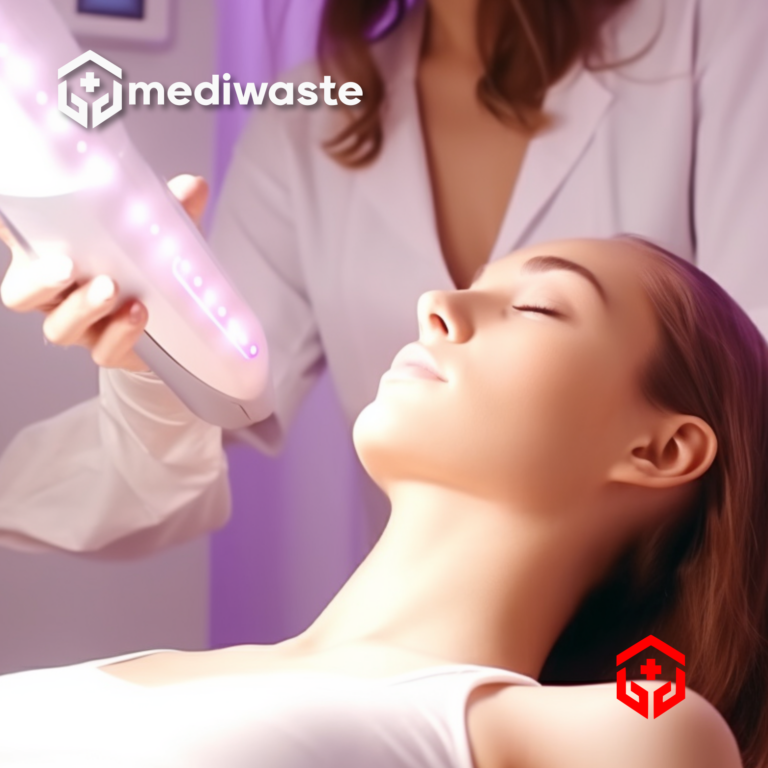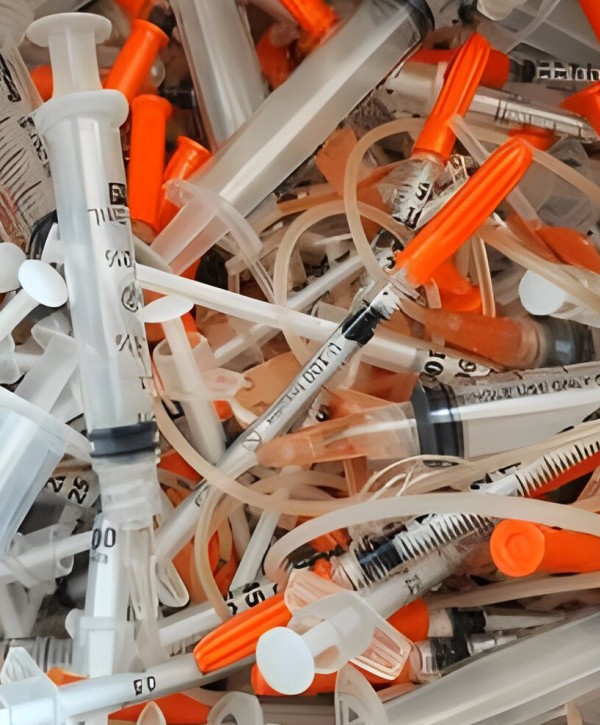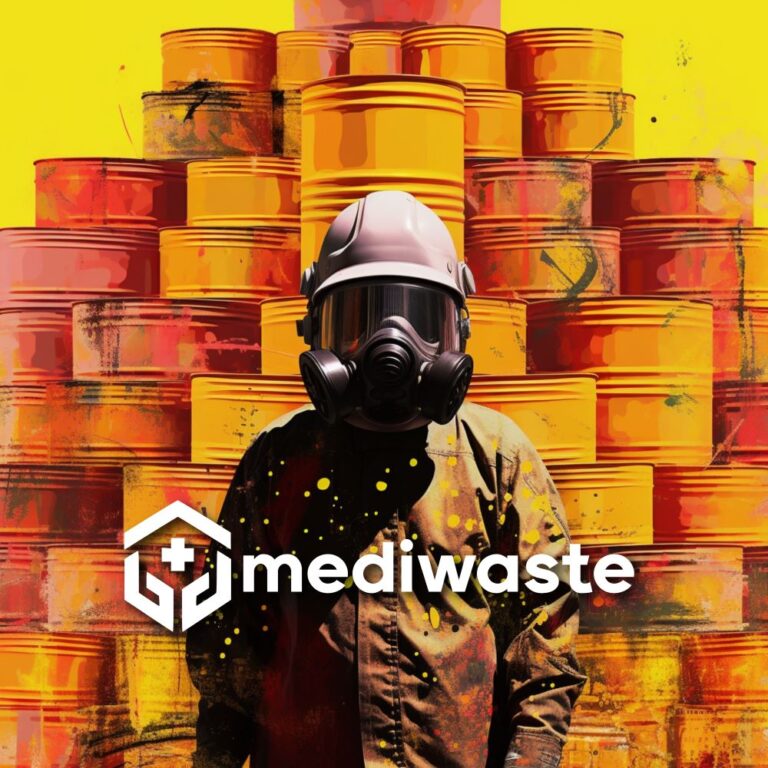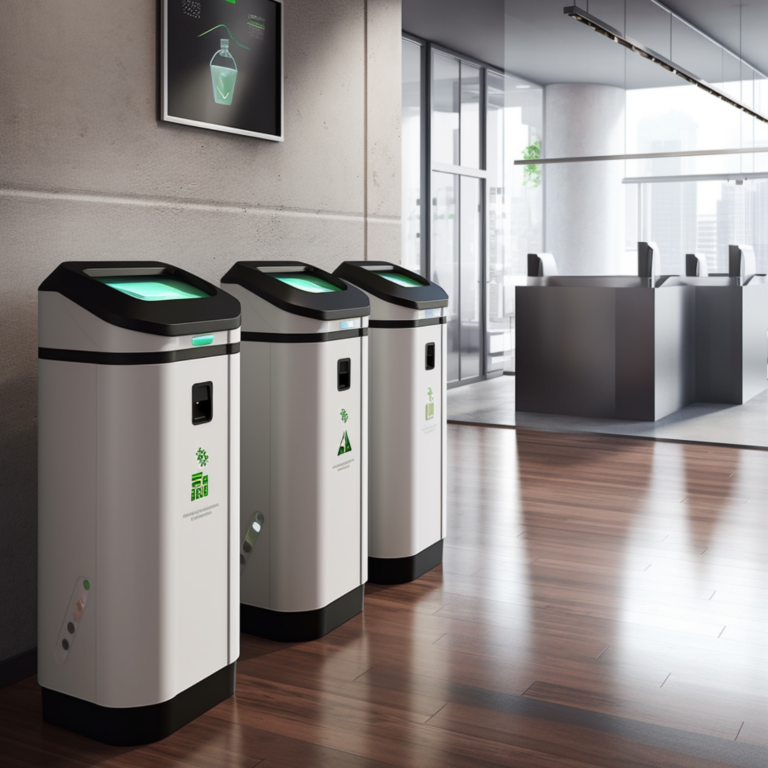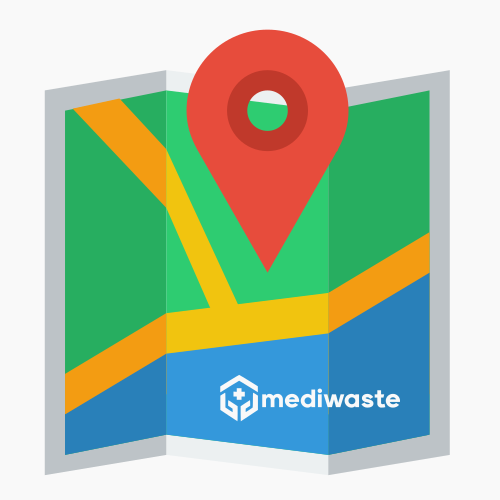Guide to Medical Waste Segregation in Cosmetic Clinics
Proper waste segregation is crucial for cosmetic clinics to ensure safety, regulatory compliance, and environmental responsibility. This comprehensive guide will help you implement effective medical waste segregation practices in your cosmetic clinic.
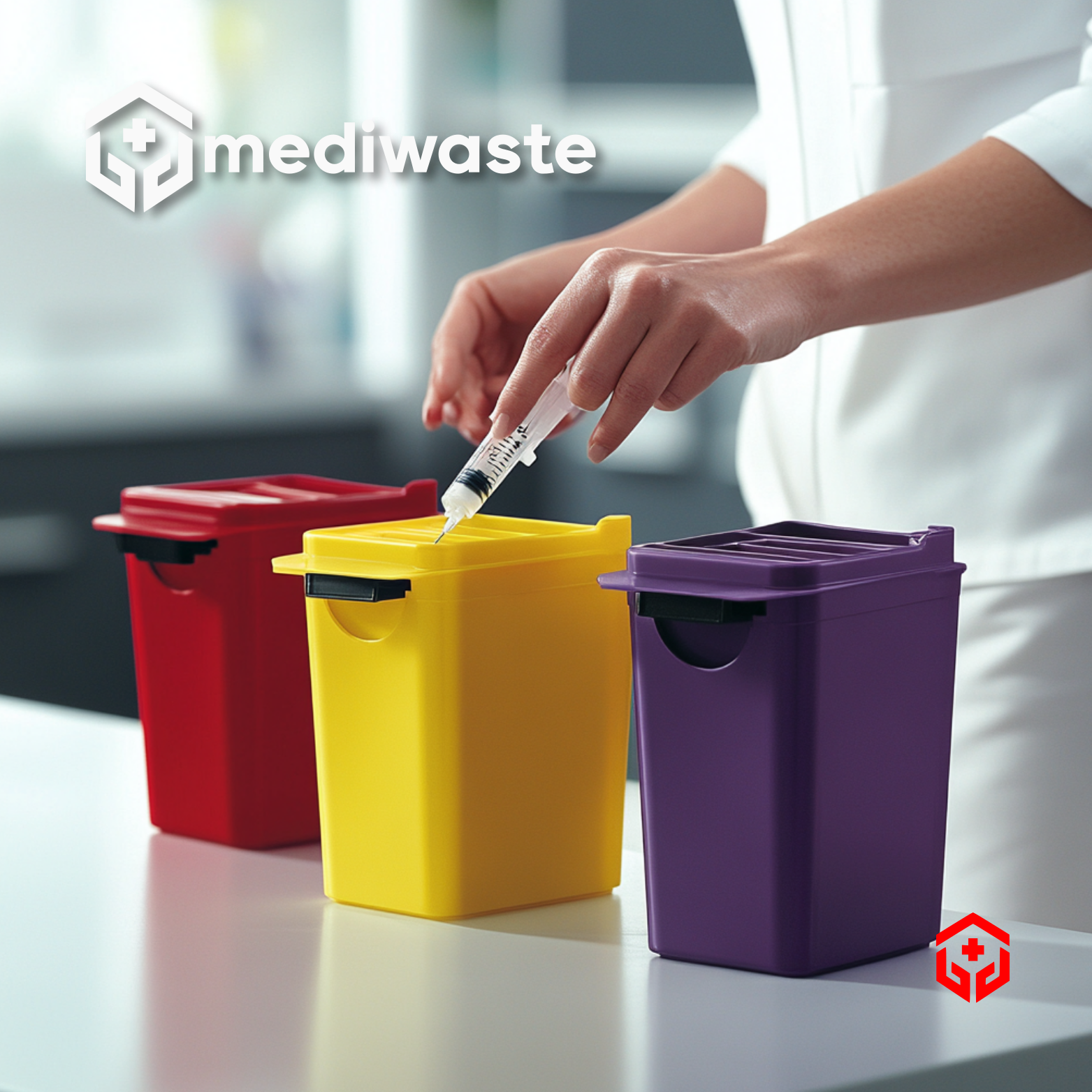
Understanding Waste Types in Cosmetic Clinics
Cosmetic clinics generate various types of waste, including:
- Infectious waste
- Sharps waste
- Pharmaceutical waste
- Chemical waste
- General waste
Proper identification and segregation of these waste types are essential for safe disposal.
Color-Coded Waste Segregation System
The Department of Health and Social Care (DHSC) recommends a color-coded system for clinical waste management. Implementing this system in your cosmetic clinic can significantly improve waste segregation:
Yellow – Highly Infectious Clinical Waste
- Used for waste that requires incineration
- Includes items contaminated with bodily fluids from known infectious patients
Orange – Infectious Clinical Waste
- For waste that can be treated before disposal
- Includes most contaminated items from cosmetic procedures
Purple – Cytotoxic and Cytostatic Waste
- Used for waste from certain drug treatments
- Relevant for clinics offering specific cosmetic drug therapies
Yellow and Black Striped – Offensive/Hygiene Waste
- For non-infectious items that may be unpleasant
- Includes used PPE, empty saline bags, and non-contaminated dressings
Blue – Medicinal Waste
- For unused or partially used medicines
- Relevant for expired or discarded cosmetic drugs
Black – General Waste
- For non-hazardous waste
- Includes office waste and packaging materials
Sharps Waste Management
Sharps require special handling due to their potential to cause injury and spread infections:
- Use puncture-resistant containers
- Segregate based on contamination level (yellow for highly infectious, orange for potentially infectious, purple for cytotoxic)
Staff Training and Education
Proper waste segregation relies heavily on staff compliance:
- Provide regular training sessions on waste segregation
- Use clear signage and posters near waste disposal areas
- Conduct periodic audits to ensure adherence to protocols
MediWaste offers comprehensive staff training programs to ensure all employees understand proper waste management protocols.
Implementing Effective Waste Segregation
To implement an effective waste segregation system:
- Conduct a waste audit to identify all waste streams
- Place appropriate color-coded bins in convenient locations
- Clearly label all waste containers
- Regularly monitor and enforce segregation practices
- Partner with a licensed waste management provider like MediWaste for proper disposal
Benefits of Proper Waste Segregation
Implementing effective waste segregation in your cosmetic clinic offers numerous benefits:
- Regulatory compliance
- Reduced environmental impact
- Cost savings through proper waste classification
- Enhanced safety for staff and patients
MediWaste‘s Role in Cosmetic Clinic Waste Management
MediWaste specializes in medical waste management for cosmetic clinics:
- Provision of color-coded containers and bags
- Regular collection and disposal services
- Compliance assistance and documentation
- Staff training and support
By partnering with MediWaste, cosmetic clinics can ensure they meet all regulatory requirements while minimizing their environmental impact. Proper medical waste segregation is a critical aspect of running a safe and compliant cosmetic clinic.
By following this guide and partnering with experienced waste management providers like MediWaste, clinics can effectively manage their waste, protect their staff and patients, and contribute to a more sustainable healthcare industry.


